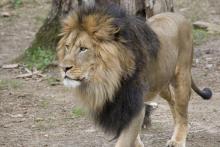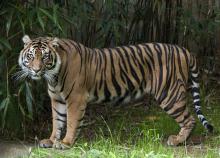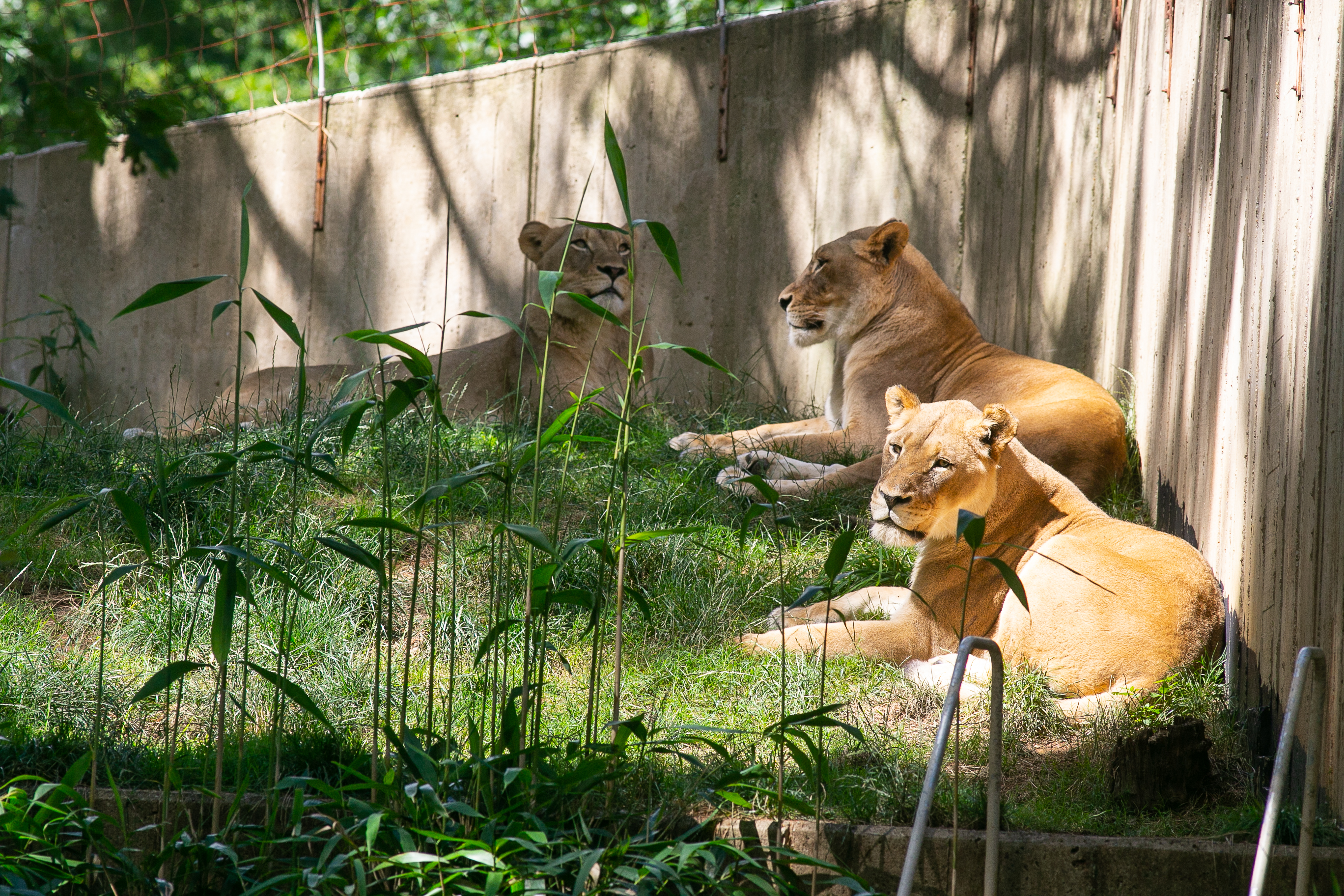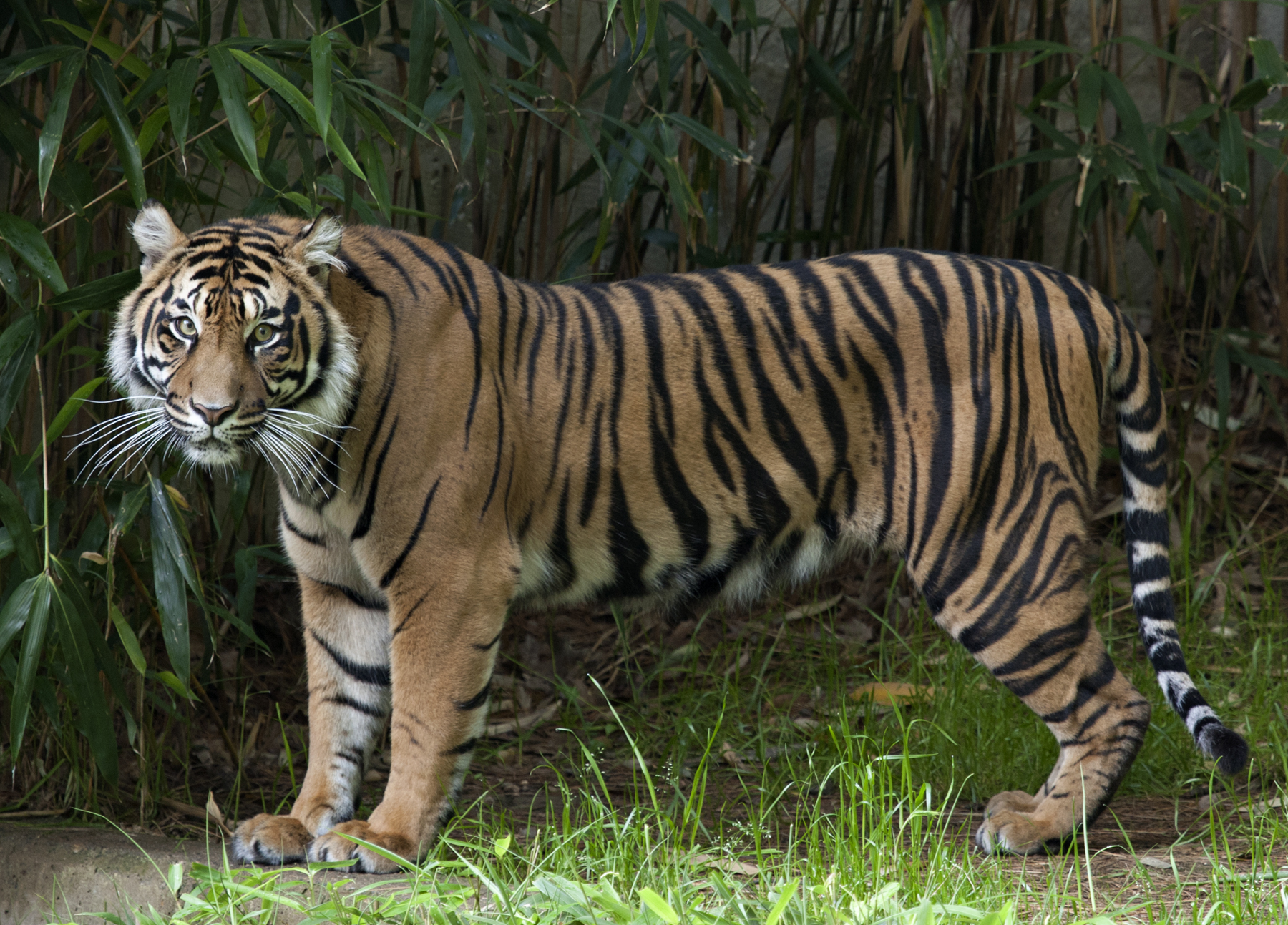Great Cats Tested Presumptive Positive For COVID-19 at the Smithsonian's National Zoo
Six African lions, a Sumatran tiger and two Amur tigers have tested presumptive positive for the virus that causes COVID-19. Last weekend, animal keepers observed decreased appetites, coughing, sneezing and lethargy in several lions and tigers. Fecal samples for all great cats were collected and tested presumptive positive. Final results are expected in the next few days. All lions and tigers are being treated with anti-inflammatories and anti-nausea medication to address discomfort and decreased appetite. In addition, all are being treated with antibiotics for presumptive secondary bacterial pneumonia. They remain under close observation and, because their condition does not require they remain inside, staff will manage the cats’ access to their outdoor habitats. Given the substantial distance between the animals and visitors, the public is not at risk. No other animals at the Zoo are showing any signs of infection.
The health and safety of Smithsonian staff, animals and visitors is our number one priority. The Zoo’s existing COVID-19 protocols restrict behind-the-scenes access in all animal areas and require use of personal protective equipment, hygiene, cleaning, employee self-screening and health management. The Zoo’s COVID safety and response protocols are in place and being strictly followed.
The Zoo has conducted a thorough investigation of all staff that were in close proximity to the lions and tigers. There is no evidence to pinpoint the source of the infection. While it is possible the infection was transmitted by an asymptomatic carrier, it has been standard practice for all animal care staff and essential staff to mask indoors in all public and non-public areas. The health and vaccination status of employees is confidential medical information.
The U.S. Department of Agriculture has authorized the use of a SARS-COV-2 vaccine made specifically for animals by Zoetis. The first round of vaccine disbursement will be administered to select animals identified as a susceptible species at both the Zoo and Conservation Biology Institute in Virginia when it becomes available in the coming months.
# # #
Updated Sept. 23, 2021: a previous version of this news release misstated the Zoetis vaccine was specific to "zoo animals." The Zoetis vaccine is specific to animals.
Image Gallery






